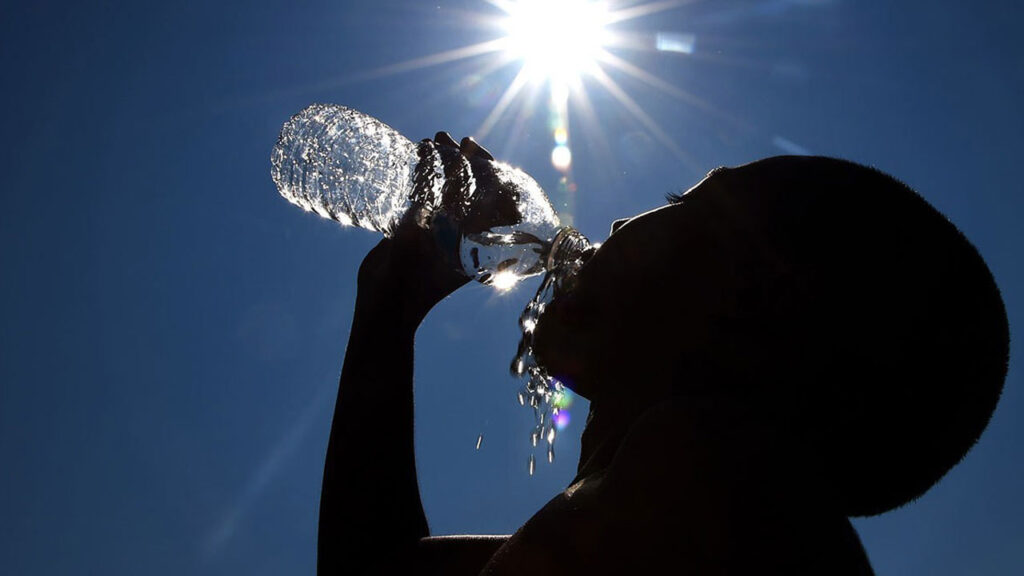
• Doctors say could lead to kidney failure, stroke, excessive bleeding others
There are concerns in Lagos and some other states in the country that the persistent extremely hot and humid weather could worsen the spread and fatality of infectious diseases such as Lassa fever, Yellow fever, meningitis, measles, chicken pox, monkey pox, cholera and COVID-19.
Medical experts warned that the extreme weather could lead to more dire consequences, such as kidney failure, stroke, excessive bleeding and skin cancer in Albinos.
A public health physician and former Chief Medical Director, Lagos University Teaching Hospital (LUTH), Idi-Araba, Prof. Akin Osibogun, told The Guardian: “When the weather is persistently hot and humid, as being experienced now, what happens is that there will be heat exhaustion and dehydration.
“When this loss of bodily fluid continues without adequate replacement, it will affect the body organs, especially the kidney that is involved with ultra-filtration. This can lead to kidney failure. Rapid water loss causes the kidney’s functioning to slow down, resulting in temporary or permanent kidney failure.
“Another thing that can happen under this kind of hot and humid weather is that it will affect the brain and blood. It makes the blood less viscous and can easily escape from the vessels, causing excessive bleeding and haemorrhagic stroke.
“It can also cause skin cancer, but only in albinos. People with black (dark) skin are protected from the carcinogenic effect of direct ultra-violet rays from the sun, because their skins have melanin. In most cases, they develop rashes, which can be very discomforting.”
Also, the World Health Organisation (WHO) has warned that contagious diseases are on the increase as a result of “the combined impacts of rapid demographic, environmental, social, technological and other changes in our ways of-living. Climate change will also affect infectious disease occurrence.”
A number of diseases well known to be climate-sensitive, such as malaria, dengue fever, West Nile virus, cholera and Lyme disease, are expected to worsen as climate change results in higher temperatures and more extreme weather events.
Meanwhile, the Nigerian Meteorological Agency (NiMET) had last month warned of a possible rise in temperature in different parts of the country. In a weather advisory released by the central forecast office, the agency said certain states in the northern and southern parts of the country would experience extreme heat. It, therefore, advised that to cope and stay safe in the extreme heat, Nigerians needed to drink plenty of water to prevent dehydration and avoid leaving humans or animals in the car, especially young children. It also advised that it is best to stay in the shade, such as trees if one has to wait outside and avoid wearing dark colours but light and bright clothing.












